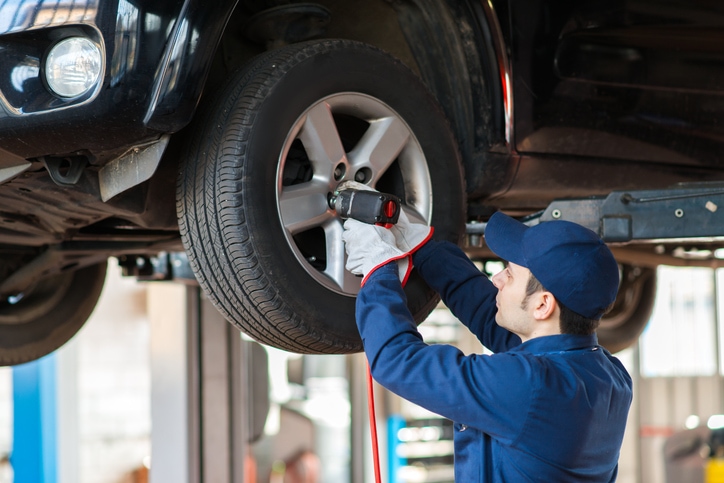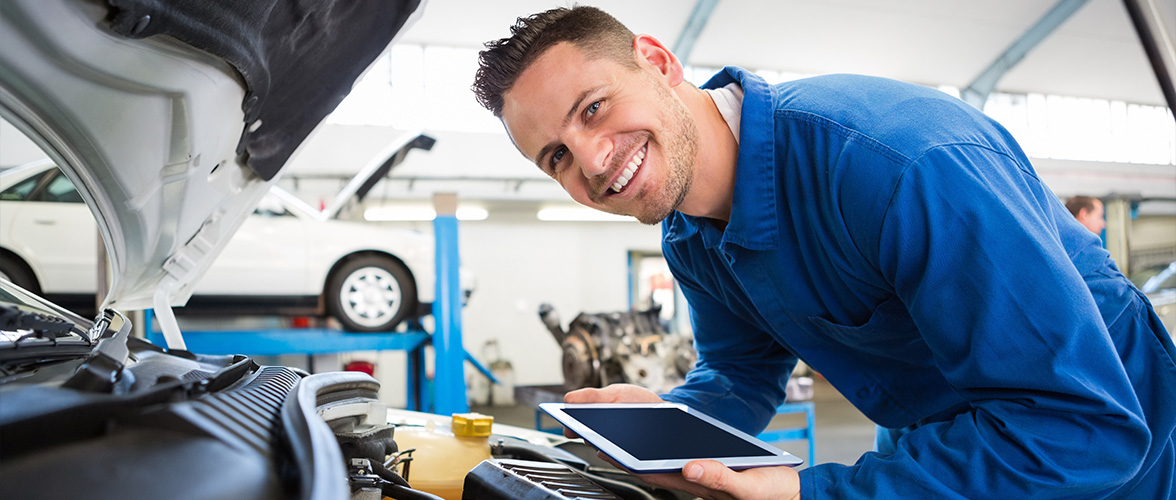All Categories
Featured
When your automobile experiences a major break down, the price of repair work can be a difficult economic consideration. Whether it's the failing of a critical system like the engine or transmission, or the demand for extensive repairs to various elements, recognizing the elements that influence repair service costs can help you make even more enlightened choices. Below, we describe the vital factors that add to the price of major automobile fixings.
![]()
![]()
![]()
Verdict. Several elements influence the cost of major car repairs, including the kind of fixing, the make and design of your lorry, the high quality of the components made use of, labor charges, and the level of the damage. Recognizing these aspects can aid you make even more informed choices and prepare for the monetary implications of cars and truck repair work. To minimize the likelihood of costly repair work, regular upkeep is crucial. By remaining on top of routine upkeep and addressing tiny problems before they intensify, you can reduce the chances of dealing with expensive repair services in the future.

- Kind of Repair. The primary variable affecting the cost of auto fixings is the kind of problem your automobile is experiencing. Particular systems in a car, like the engine or transmission, need more time to detect and repair, which straight translates into higher labor fees.
- Car Make and Model. The make and version of your car plays a major function in identifying fixing costs. Luxury automobiles and high-performance lorries like BMWs, Audis, or Mercedes-Benz often tend to have higher fixing costs as a result of their specialized parts, progressed innovation, and the proficiency needed for their repair. The availability of components can also boost the price; parts for international or uncommon versions are commonly more costly to source than those for residential automobiles like Ford or Chevrolet. Furthermore, some lorries, particularly those with special or advanced systems, may call for customized technicians or tools, contributing to the overall repair price.

- Components Top Quality and Availability. The high quality of the components utilized in the fixing substantially influences the expense. In some instances, less expensive aftermarket parts may minimize the general repair work cost, but they may not provide the exact same long life as OEM parts, which could result in added fixings down the roadway. If components are challenging to find, it may take longer to complete the repair work, leading to higher labor prices.
- Labor Prices. When it comes to car repairs, labor is one of the biggest expenditures. Auto mechanics usually bill by the hour, and fixing times can differ relying on the complexity of the problem. Some repair services, such as engine overhauls or transmission repairs, might call for several hours or even days of labor, dramatically increasing the overall price. Labor rates likewise depend on the area of the service center-- technicians in metropolitan locations or high-demand places might charge greater rates due to the cost of living and expenses. In addition, specialized repairs for complicated systems might call for more knowledgeable specialists, whose hourly rates often tend to be greater.
- Extent of the Damages. The degree of the damage is an additional essential aspect affecting repair service prices. If the damage is restricted to one part of the car, such as a busted generator or malfunctioning brake pads, the repair will typically be cheaper. If the issue is extra severe and affects numerous systems, such as a transmission failure that additionally harms various other elements, the expense will increase. Comprehensive damage may likewise call for the replacement of numerous parts, which raises both the price of parts and labor.
- Vehicle Age and Condition. The age and general problem of your vehicle play a substantial role in the price of repairs. Older cars and trucks are most likely to experience wear and tear, causing more regular and possibly much more expensive repair work. As lorries age, particular elements, such as the suspension or exhaust system, might become much more vulnerable to failure. Furthermore, locating parts for older models can be challenging and expensive, specifically if the supplier no more creates those components. Well-maintained vehicles often tend to have reduced repair costs due to the fact that their systems remain in far better working problem, needing fewer and much less pricey repair services.
- Shop Area and Reputation. The repair service shop you select can also affect the price of your repairs. Shops located in high-cost or city areas often tend to bill higher prices for labor and components. Additionally, repair work shops that focus on specific brands or kinds of fixings might charge more for their experience. While it's tempting to go with the least expensive store, often paying a bit extra for a trusted shop can lead to much better top quality work, fewer mistakes, and much less danger of requiring further repair services. It's always a good concept to check reviews and ask for recommendations prior to selecting a service center.

- Warranty and Insurance Protection. If your cars and truck is still under service warranty, significant repair work may be covered, which can significantly reduce your out-of-pocket expenditures. In addition, if the damage is caused by a crash or external element, your car insurance policy could cover the fixing prices, less any deductible.
Verdict. Several elements influence the cost of major car repairs, including the kind of fixing, the make and design of your lorry, the high quality of the components made use of, labor charges, and the level of the damage. Recognizing these aspects can aid you make even more informed choices and prepare for the monetary implications of cars and truck repair work. To minimize the likelihood of costly repair work, regular upkeep is crucial. By remaining on top of routine upkeep and addressing tiny problems before they intensify, you can reduce the chances of dealing with expensive repair services in the future.
Latest Posts
A Historic Coastline Location with Modern Delights
Published Apr 14, 25
1 min read
A Historic Coastline Location with Modern Delights
Published Apr 10, 25
1 min read
Host Your Perfect Event: Place Rental Alternatives for Every Event
Published Mar 25, 25
1 min read